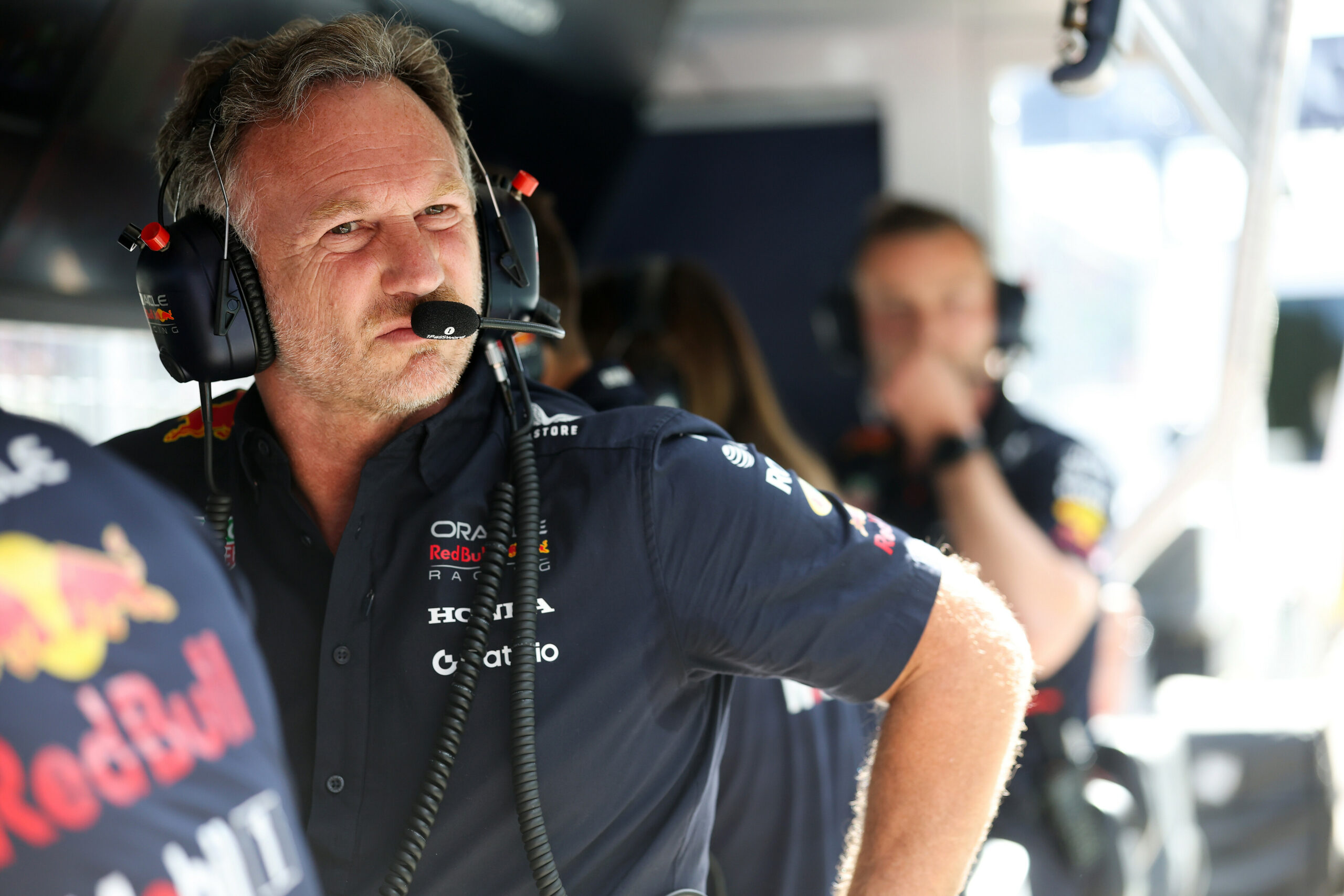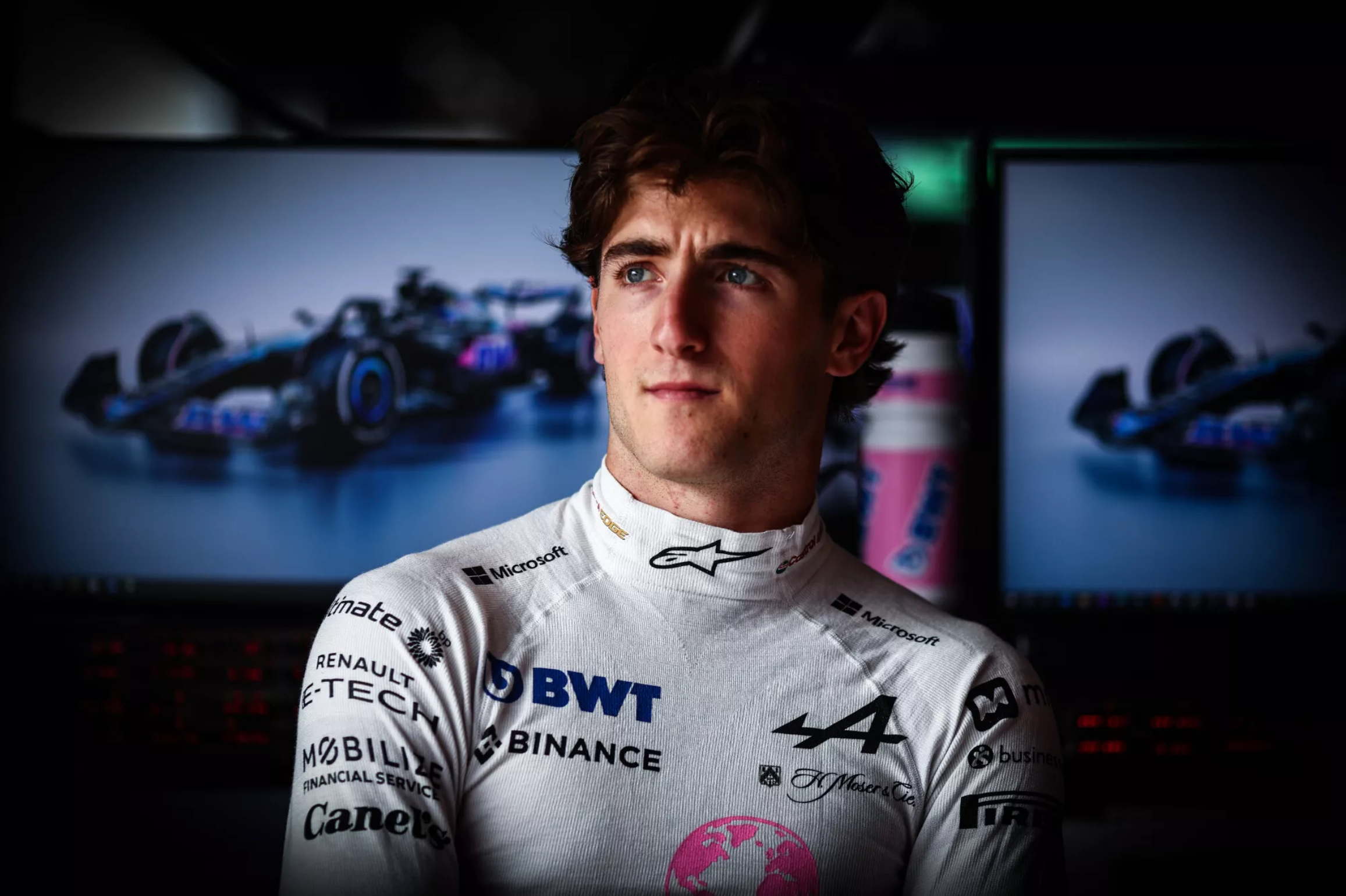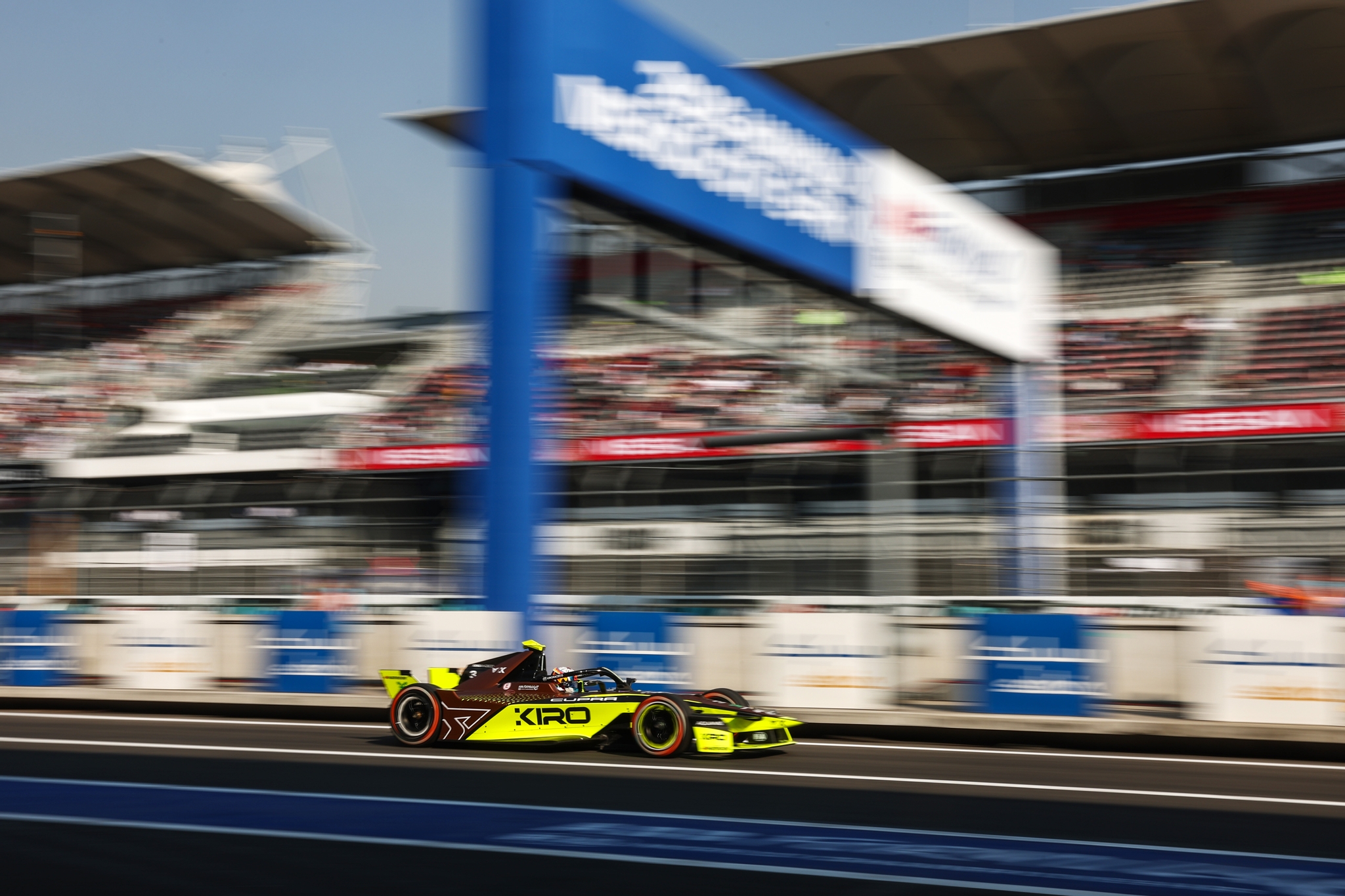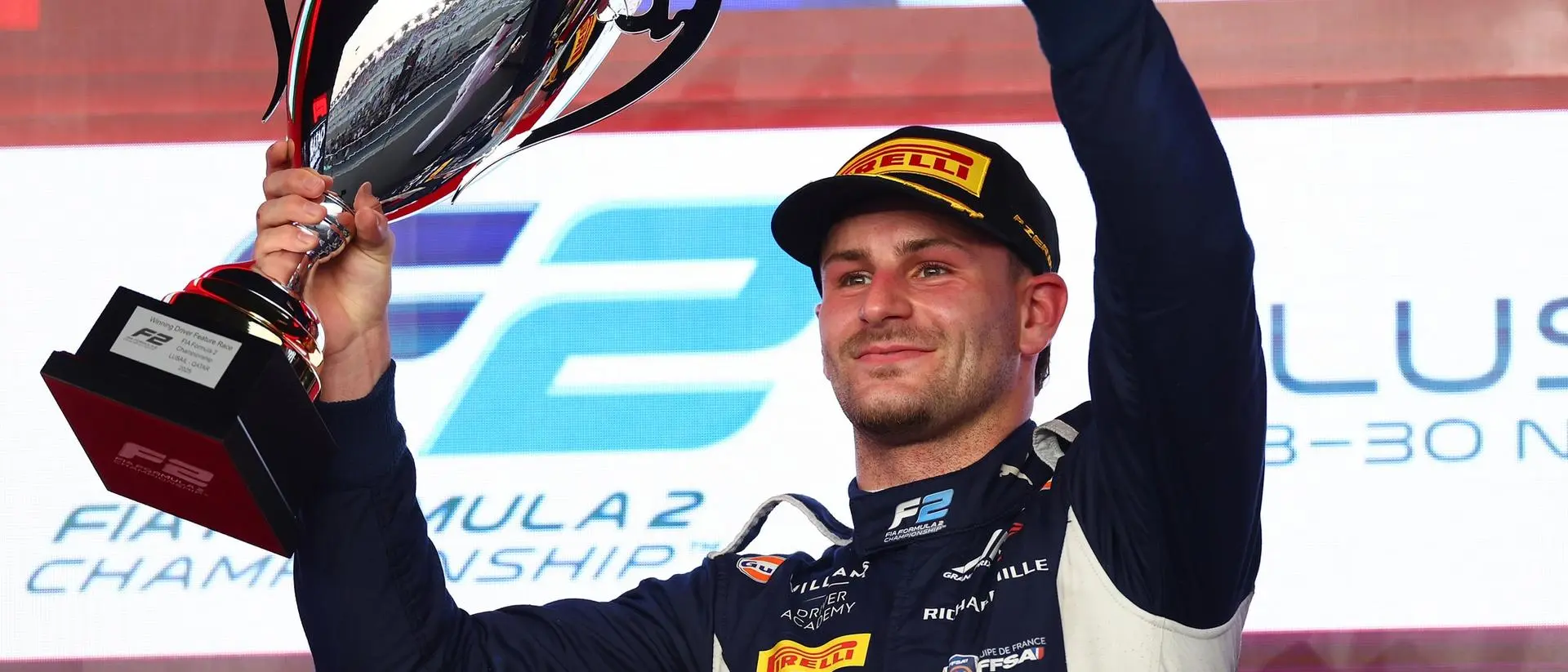Former Formula 1 driver Ralf Schumacher explains how a series of “mistakes” by ex-Red Bull Racing F1 team principal and CEO Christian Horner all led to his demise in the team, and discussed the impact of the internal scandal involving inappropriate behaviour towards a female employee in early 2024, and the shift in power caused by the team owner Dietrich Mateschitz’s death in 2022.
Horner’s failed one-man strategy
Speaking in an interview with Formel1.de, Schumacher explained how the passing of Dietrich Mateschitz completely changed the dynamic inside Red Bull Racing, giving Horner almost unlimited power to take the team in his direction – which ultimately proved to be an unfruitful one, with the team going from winning all-but-one grand prix in 2023, to now having scored just two wins in 2025, and likely losing the constructors’ crown for a second year in a row:
“I do believe it’s the right way to start fresh,” he said. “Christian Horner has, of course, played a significant role in what has been accomplished.
“But many things have changed. Christian Horner has evolved over the years, shifted priorities, let people like Adrian Newey go, and restructured, but these changes did not result in success.
“It was his strategy, which he chose alone; otherwise, it was usually Dietrich Mateschitz and Dr. Helmut Marko [along with Horner], making it a three-way affair.
“He had the opportunity to implement his vision of a successful Formula 1 team, and it failed—there’s no other way to put it.”
Horner’s exit ‘not a direct consequence’ from the inappropriate behaviour scandal
The former Williams and Toyota F1 driver believes the internal scandal involving the alleged inappropriate behaviour from Horner towards a female team employee isn’t the reason for the sudden exit.
“I don’t think so,” he said when asked if the internal scandal in 2024 resulted in Horner’s exit. “I think it’s under control now. Although apparently, there’s still a pending case. If that’s true, I don’t know.
“It’s supposed to start next year, but that’s a private matter. I think it’s good that it was over afterwards.”
How “everything changed” in 2022
The German once again emphasized just how much Mateschitz’s death changed the power balance in the team, and how that gave Horner the keys for moulding the team as he pleased, which didn’t work out:
“I think it’s a shame what happened to the team. Red Bull was a young, fresh, dynamic team that had a different approach. That’s how Christian Horner started, too.
“I think that with the death of Dietrich Mateschitz, everything somehow changed.
“His personality, in particular, changed a lot. He suddenly had a lot more power and, accordingly, I think, behaved differently than in previous years.
“Now, that’s backfired. I think that’s the only reason why the shareholders have now realized, ‘sorry, this is getting worse and worse. We’re investing a lot of money, but we’re no longer getting any results.’
“Now, you have to say, this is a fate that many Formula 1 teams share.
“That’s what happens: you’re at your peak for a while, and then the team dissolves because people are poached or don’t get the position they wanted, so they go elsewhere.
“And that’s what happened to Red Bull in the end.”
Early 2024 power struggle “left its mark” on the team
The power struggle between Horner and the Marko/Verstappen camp that publicly broke out during the 2024 Saudi Arabian GP, when Jos Verstappen declared the team was doomed for failure if Horner stayed, “undoubtedly” left its scars on the team, according to Schumacher.
He believes the talk of an unified team was nothing more than a practical solution to keep the core race team going whilst the fight for power happened behind closed doors and not so publicly anymore:
“Yes, from my perspective, the whole thing has undoubtedly left its mark on the team. I think that was clearly evident,” he said. “At the end, at least some effort was made to demonstrate to the outside world that the team had grown closer together again, which was completely gone for a while.
“Well, that was pretty terrible to watch from the outside. It wasn’t at all what the founder, Dietrich Mateschitz, and his family had in mind.
“I think there was little respect, and their behavior showed little respect, for the team’s core idea.
“In this case, specifically Christian Horner, you just have to tell him that he mishandled the responsibility he had at that moment, which is a bit of a shame.”
Criticism towards Horner is just as ruthless as he was to his drivers
The six-time grand prix winner has always been a critic of Horner’s work during the last few years of his tenure, since the team started what now seems an inevitable and sharp decline in performance, operational capacity and general unity.
“Of course, we aren’t friends. I think that’s obvious from my statements about him.
“But that’s also my job, to judge things. As a team boss, he criticizes drivers, saying that if [someone] continues [like that], he won’t be in the car for much longer.
“In my position, I said that [Horner] was on the wrong path. And I believe I was right.
“But it’s still a shame, of course, when someone who has done so much work has to leave in the end.”
Biggest “misjudgements” were letting key personnel leave
Schumacher believes Horner took issue with not getting the due credits for recent world championship successes, as most of the plaudits were directed towards Max Verstappen and Adrian Newey’s individual excellence.
He also pointed out how letting both Jonathan Wheatley and Adrian Newey go was a “mistake”, and is adamant that those two departures played a key role in Horner’s fall from grace with the shareholders of Red Bull GmbH:
“I believe Christian Horner thought he could handle things differently with the team, and wanted to have more influence there.
“And I believe that someone like Adrian Newey and Max Verstappen, who almost received more credit for the world championship titles, almost bothered him [Horner] a little bit, and he wanted to prove it differently.
“I think it was his mistake to let a man like [Jonathan] Wheatley go. There are all these processes and procedures within the team that have been learned, where they are functioning together like gears in a machine.
“Now, of course, all of that has disappeared. You can see it in the pit lane. Things aren’t exactly running smoothly anymore.
“I think that was his misjudgment.”





